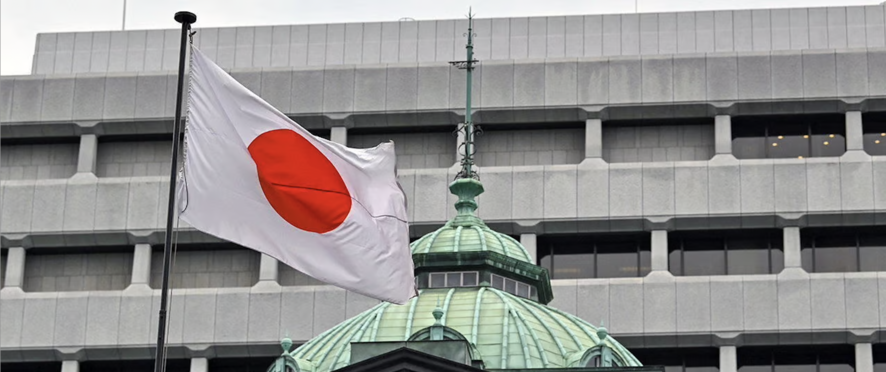BOJ Governor Signals Potential July Rate Hike Amid Economic Uncertainty

Bank of Japan (BOJ) Governor Kazuo Ueda has signaled the possibility of an interest rate hike in July, contingent upon forthcoming economic indicators. This statement underscores the BOJ’s commitment to gradually increase borrowing costs from their current near-zero levels.
In his address to parliament on Tuesday, Ueda acknowledged that while a weak yen may elevate household expenditure through higher import prices, rising wages are anticipated to bolster consumer spending and sustain the economy’s trajectory towards a moderate recovery.
Ueda clarified the distinction between the BOJ’s decision to taper bond purchases and its deliberations on interest rate adjustments. He emphasized that the timing of a rate hike at the July 30-31 policy meeting would hinge on comprehensive assessments of economic data, price movements, and financial conditions at that time.
Last Friday, the BOJ initiated reductions in its extensive bond-buying program and scheduled detailed plans for scaling back its approximately $5 trillion balance sheet in July, marking a further stride in unwinding its extensive monetary stimulus efforts.
Despite these developments, uncertainties persist regarding whether the BOJ will proceed with a short-term rate increase in July or opt to postpone it until later in the year to minimize disruption in financial markets.
Ueda underscored the BOJ’s cautious approach, indicating that the central bank remains vigilant about achieving sustainable inflation at its 2% target. He stressed the necessity of additional data scrutiny before committing to any rate adjustments.
Regarding corporate dynamics, Ueda highlighted notable shifts in pricing and wage-setting behaviors amidst robust corporate earnings and tightening labor market conditions. He expressed optimism that these factors would contribute to a positive cycle of wage-driven inflation, bolstering economic indicators.
Looking ahead, Ueda refrained from divulging specifics on the pace and scale of the upcoming bond tapering plan, slated for announcement in July. He affirmed the BOJ’s commitment to refraining from utilizing bond purchases as a monetary policy tool or means of signaling policy intentions.
Earlier this year, the BOJ ceased its negative interest rate policy and bond yield control, marking a significant departure from its decade-long aggressive stimulus initiatives. Despite achieving inflation rates surpassing the 2% target for two consecutive years, the BOJ has refrained from outlining specific short-term rate targets, aiming instead for levels conducive to balanced economic growth, anticipated to range between 1-2%.
The BOJ’s policy trajectory is further complicated by fluctuations in the yen’s valuation. While a weakened yen accelerates inflation through higher imported goods prices, it concurrently dampens domestic consumption by increasing living costs, thereby clouding Japan’s economic outlook.
Economists are divided on the timing of anticipated interest rate hikes, with expectations split between a potential increase to 0.25% either in July or later in the year, contingent upon evolving economic indicators and market conditions.
Risk Warning: CFDs are complex instruments and come with a high risk of losing money rapidly due to leverage. 76.87% of retail investor accounts lose money when trading CFDs with this provider. You should consider whether you understand how CFDs work and whether you can afford to take the high risk of losing your money.
Disclaimer: This text constitutes marketing communication. It is not any form of investment advice or investment research or an offer for any transactions in financial instrument. Its content does not take into consideration individual circumstances of the readers, their experience or financial situation. The past performance is not a guarantee or prediction of future results.






